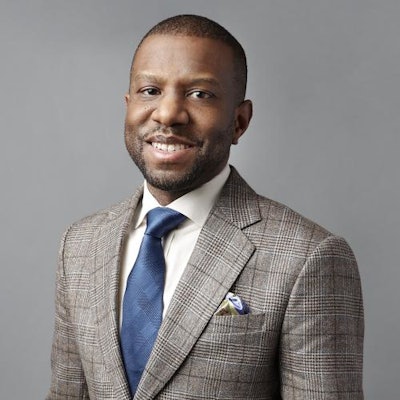About 30% of African American STEM professionals begin their higher education at a Historically Black College or University, according to the United Negro College Fund, but only around 1% of the Defense Department’s research funding is directed towards HBCUs and other minority serving institutions.
This week, the U.S. government took a major step towards remedying these disparities by awarding a five-year $90 million contract to create a university affiliated research center (UARC) to Howard University, one of the largest HBCUs in America. It is the first UARC to be led by an HBCU, and, according to officials at Howard and in the military, the largest research contract ever to be awarded to an HBCU.
 Dr. Ivory Toldson, national director of education innovation and research for the National Association for the Advancement of Colored People and professor of counseling psychology at Howard
Dr. Ivory Toldson, national director of education innovation and research for the National Association for the Advancement of Colored People and professor of counseling psychology at Howard
According to Toldson, HBCUs have a long and unjust history of being overlooked for research and military contracts due to systemic biases in the awards process. This pattern favors larger, better-funded institutions with greater public awareness, creating significant disparities.
The Howard contract is the result of a conscious effort by the Department of Defense to address these disparities. The Department of Defense had announced a plan to create a UARC affiliated with an HBCU last June. Howard was the unanimous choice out of the four applicants, all of which were strong, according to the Air Force, which is funding the UARC.
The UARC will center on tactical autonomy, or systems that can operate by themselves. One focus will be on trust of autonomous systems by humans. It’s a relationship that has to be built, said Tim Williams, program manager for tactical autonomy for the UARC, comparing the current situation to Americans’ anxiety at using automated elevators when they first were developed. Another emphasis will be on how humans and machines can work together to take advantage of what each are best at.
It's work that Howard is well-positioned to take on, with 15 doctoral students and two master’s-level students researching autonomous systems and machine learning. Howard had previously received a grant from the Department of Defense in 2020 of $7.5 million to create a Center of Excellence in Artificial Intelligence and Machine Learning and had previously partnered with a UARC focusing on intelligence and security at the University of Maryland, College Park.




















